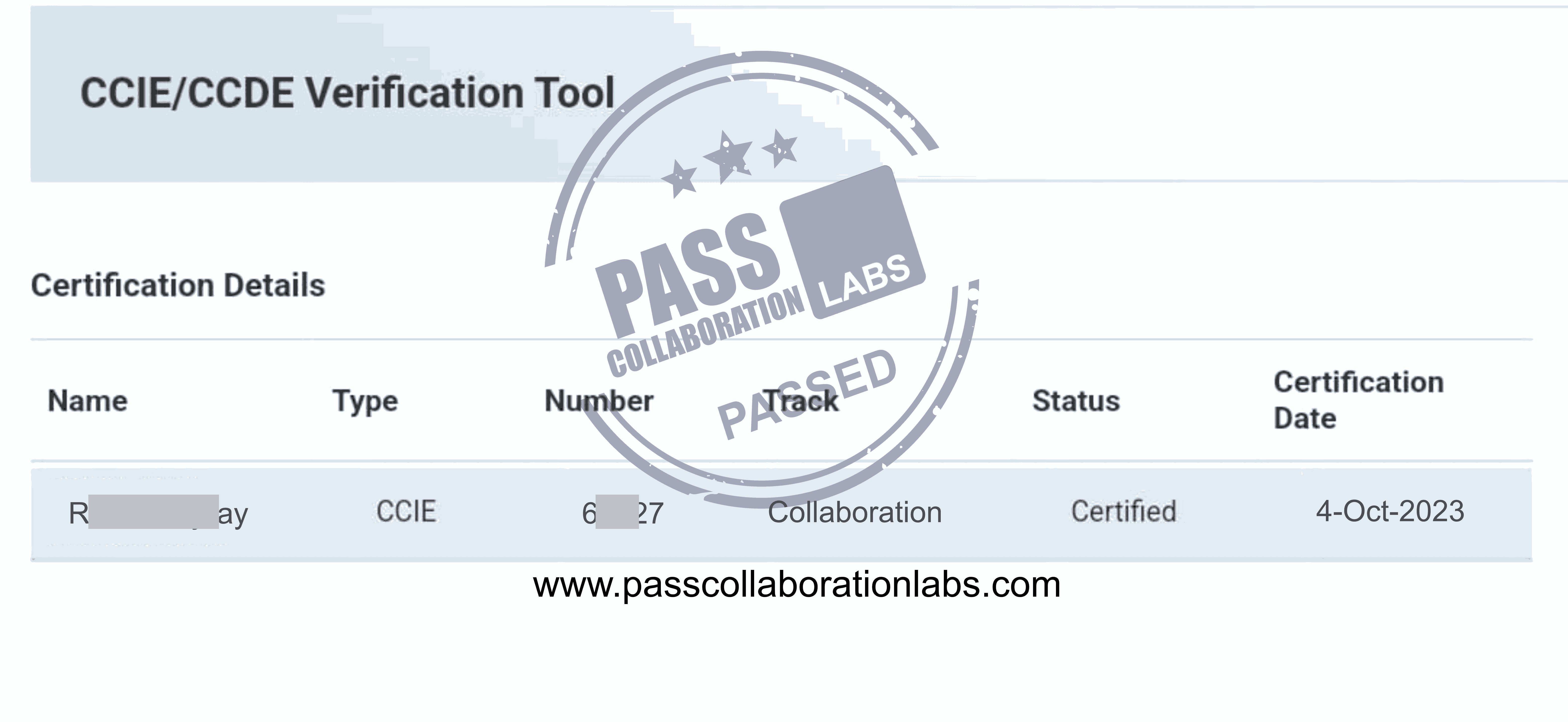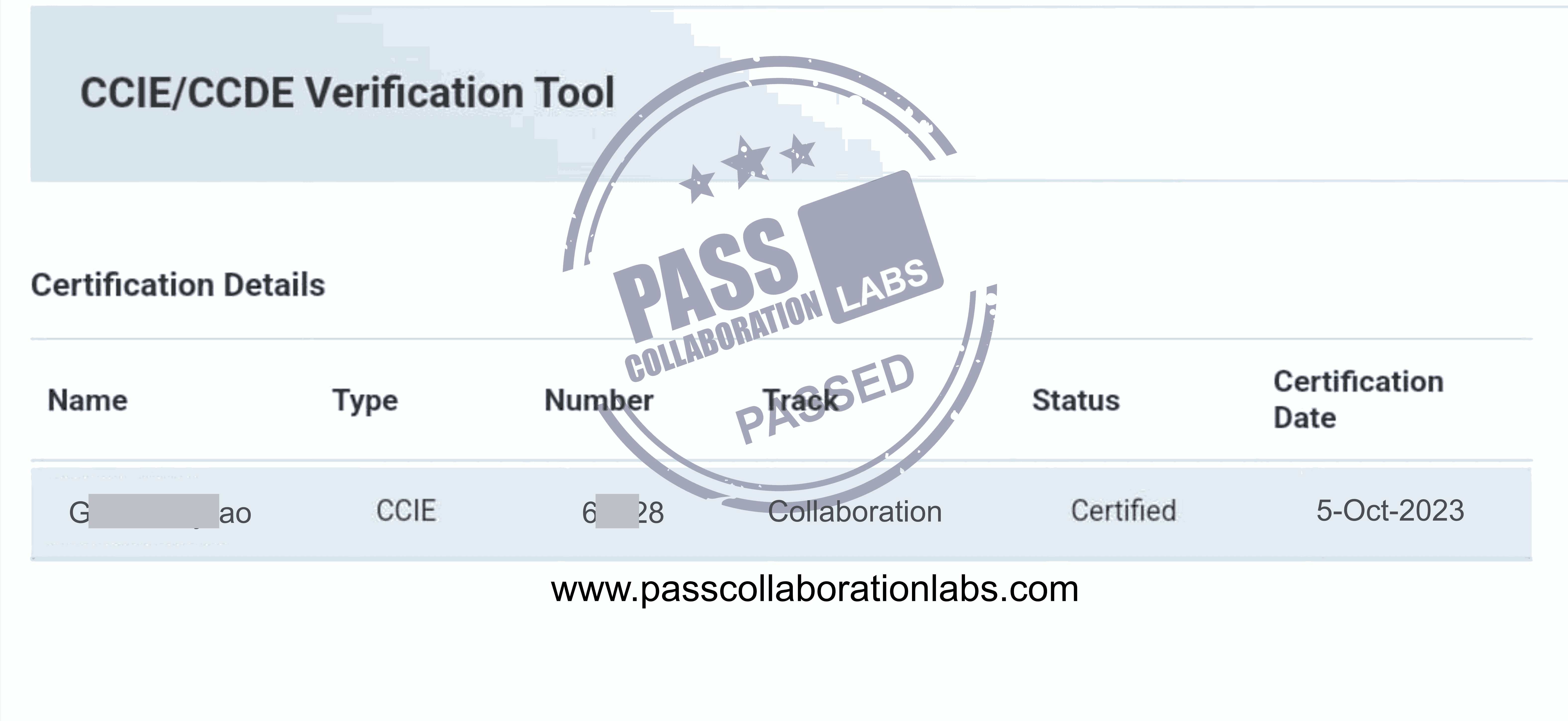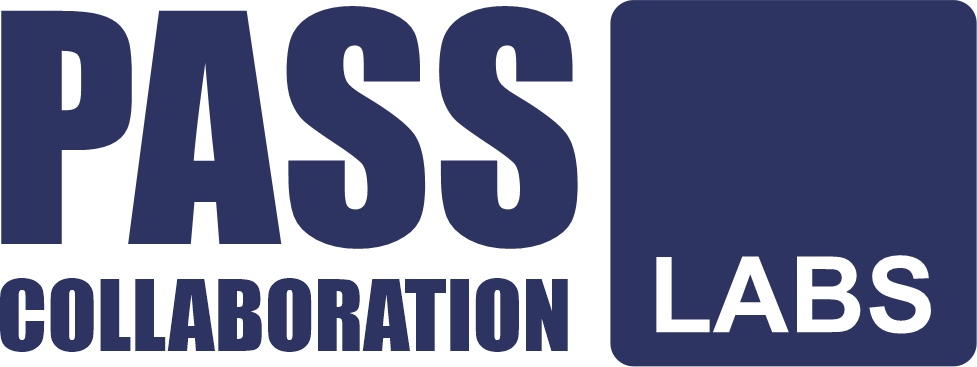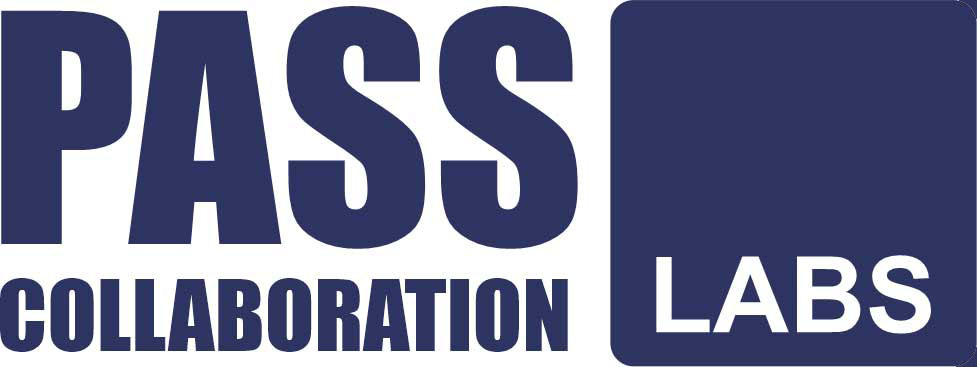CCIE Collaboration v3.1 Real Lab Bootcamp
Those who wish to enroll for CCIE Collaboration v3.1 Lab Bootcamp / Training are expected to have appropriate prior knowledge and experience in CCIE Exam components. At Pass Collaboration Labs you will have access to all the latest Cisco equipment used in the real exam. (We do not use simulation software or virtual machines). You get hands-on labs with real equipment and you will also have physical access to your equipment. CCIE Collaboration Lab Bootcamp features for CCIE Exam Preparation:-
- Most qualified and experienced training instructors for CCIE Collaboration Real Lab.
- Unique training programmes towards Cisco CCIE Collaboration certification.
- Latest Cisco CCIE Connect devices.
- Limited students enrolled for maximum attention for CCIE Collaboration Students.
$2000
Description
– CLCOR 350-801 Written Workbook FREE
– 7 Days Update (Written) FREE
– 15 Days Training (2 Hrs/Day)
– CCIE Collaboration Lab Certified Trainer
– Module1 : Design (Questions and Solutions)
– Module2 : Deploy, Operate and Optimize Module (Questions and Solutions)
– 120 Days Update (Labs)
– 600 credits = 20 sessions x 4 hrs (Physical Rack with DNA)
– Rack Credits valid for 180 days
– 120 Days Technical Support (Labs) via Chat and Email
Enroll for CCIE Collaboration Lab Bootcamp/Training
Pass Cisco CCIE Collaboration v3.1 Written exam with Passcollaborationlabs.
Our 100% authentic and reliable CCIE Collaboration v3.1 Real Lab Bootcamp is designed to boost your preparation and pass the Cisco CCIE Collaboration v3.1 Written exam .
It covers all essential topics and intricacies of the CCIE Collaboration v3.1 Real Lab Bootcamp and our dumps provide a comprehensive overview that mirrors the actual exam structure.
Each question is thoroughly researched and verified by seasoned professionals with proper accuracy and relevance to the syllabus of CCIE Collaboration v3.1 Real Lab Bootcamp.
Our dumps mirror the actual exam environment, allowing you to familiarize yourself with the format, pacing, and difficulty level of the questions.
With our CCIE Collaboration Lab Bootcamp/Training , you can rest assured that you are equipped with the most comprehensive and reliable study material available in the market that will definitely make you pass the exam with a 100% guarantee.
CCIE Collaboration v3.1 Lab: Latest Passouts


Introduction to CCIE Collaboration v3.1 Real Lab Bootcamp Training And Courses
Achieving the CCIE Collaboration certification represents a significant milestone for network engineers specializing in collaboration technologies. The lab exam, a crucial component of this certification, demands extensive hands-on experience and a thorough understanding of complex scenarios. To meet these challenges, a real lab bootcamp provides an immersive, focused, and intensive preparation environment. This article explores the benefits and structure of the CCIE Collaboration v3.1 Real Lab Bootcamp Training And Courses offered by Pass Collaboration Labs, designed to help candidates master their lab exams.
- Collaboration Infrastructure: Configuring and managing the underlying infrastructure that supports collaboration solutions.
- Protocols and Codecs: Understanding and implementing communication protocols and codecs essential for collaboration.
- Security and Encryption: Ensuring robust security measures to protect collaboration environments.
- Automation and Programmability: Utilizing automation tools and scripting to optimize collaboration systems.
Hands-on experience is vital for this exam, making participation in a real lab bootcamp an invaluable part of your preparation.
Benefits of Attending a Real Lab Bootcamp
Attending a real lab bootcamp offers numerous advantages for CCIE Collaboration candidates:
- Comprehensive Preparation: Bootcamps provide a structured, intensive program that covers all exam topics in depth.
- Expert Guidance: Learn from experienced instructors who provide insights, tips, and personalized feedback.
- Intensive Practice: Engage in hands-on labs that mirror the actual exam environment, enhancing practical skills and confidence.
Introduction to CCIE Collaboration v3.1 Real Lab Bootcamp Training And Courses
Achieving the CCIE Collaboration certification represents a significant milestone for network engineers specializing in collaboration technologies. The lab exam, a crucial component of this certification, demands extensive hands-on experience and a thorough understanding of complex scenarios. To meet these challenges, a real lab bootcamp provides an immersive, focused, and intensive preparation environment. This article explores the benefits and structure of the CCIE Collaboration v3.1 Real Lab Bootcamp Training And Courses offered by Pass Collaboration Labs, designed to help candidates master their lab exams.
Understanding the CCIE Collaboration Lab Exam
The CCIE Collaboration lab exam is an eight-hour, hands-on test that assesses candidates’ ability to design, deploy, and troubleshoot complex collaboration solutions. The exam is structured to test various aspects of collaboration technologies, including:
- Collaboration Infrastructure: Configuring and managing the underlying infrastructure that supports collaboration solutions.
- Protocols and Codecs: Understanding and implementing communication protocols and codecs essential for collaboration.
- Security and Encryption: Ensuring robust security measures to protect collaboration environments.
- Automation and Programmability: Utilizing automation tools and scripting to optimize collaboration systems.
Hands-on experience is vital for this exam, making participation in a real lab bootcamp an invaluable part of your preparation.
Benefits of Attending a Real Lab Bootcamp
Attending a real lab bootcamp offers numerous advantages for CCIE Collaboration candidates:
- Comprehensive Preparation: Bootcamps provide a structured, intensive program that covers all exam topics in depth.
- Expert Guidance: Learn from experienced instructors who provide insights, tips, and personalized feedback.
- Intensive Practice: Engage in hands-on labs that mirror the actual exam environment, enhancing practical skills and confidence.
Bootcamp Structure and Curriculum
The CCIE Collaboration v3.1 real lab bootcamp is designed to provide a comprehensive and immersive learning experience. The typical structure includes:
- Daily Schedule: Intensive, full-day sessions that cover a mix of theoretical instruction and practical labs.
- Core Topics Covered: In-depth coverage of key topics, including collaboration infrastructure, protocols, codecs, security, and automation.
- Hands-on Labs: Realistic lab scenarios that replicate the exam environment, providing practical experience.
- Assessment and Feedback: Regular assessments to gauge progress, with detailed feedback to identify and address weaknesses
Detailed Guide to Lab Exam Topics
Understanding the core topics covered in the lab exam is crucial for effective preparation. Here’s a detailed breakdown:
- Collaboration Infrastructure: Configuring Cisco Unified Communications Manager (CUCM) and Cisco Unity Connection.
- Protocols and Codecs: Mastering SIP, H.323, and other communication protocols, as well as various audio and video codecs.
- Security and Encryption: Implementing and managing security measures to ensure the integrity and confidentiality of collaboration solutions.
- Automation and Programmability: Using APIs, scripts, and tools to automate and optimize collaboration systems.
Effective Strategies for Success in the Bootcamp
Maximizing the benefits of a bootcamp requires strategic preparation and active engagement. Here are some tips:
- Pre-Bootcamp Preparation: Familiarize yourself with the exam topics and review foundational concepts before attending the bootcamp.
- Active Participation: Engage fully in all activities, ask questions, and participate in discussions and labs.
- Utilizing Resources: Take advantage of all resources provided, including study materials, lab guides, and instructor support.
- Post-Bootcamp Review: After the bootcamp, review your notes and continue practicing lab scenarios to reinforce your learning.
Navigating the Bootcamp Experience
Understanding what to expect during the bootcamp can help you make the most of the experience:
- What to Expect: Be prepared for intensive, full-day sessions that are both challenging and rewarding.
- Common Challenges: Managing the fast-paced environment and handling complex scenarios can be demanding. Stay focused and seek help when needed.
- Tips for Maximizing Learning: Stay organized, take detailed notes, and review each day’s lessons to reinforce your understanding.
In-Depth Topic Breakdown
To excel in the lab exam, you need a deep understanding of various topics:
- Cisco Unified Communications Manager: Master the configuration and management of CUCM.
- Cisco Unity Connection: Gain proficiency in setting up and troubleshooting Cisco Unity Connection.
- Collaboration Endpoints: Learn how to configure and manage various collaboration endpoints.
- Quality of Service (QoS): Understand QoS mechanisms to ensure high-quality collaboration experiences.
Real-World Application of Bootcamp Skills
The skills gained from a bootcamp are not just theoretical but highly applicable in real-world scenarios:
- Implementing Collaboration Solutions: Learn how to design and deploy collaboration systems in various environments.
- Troubleshooting Techniques: Gain insights into troubleshooting common issues in collaboration networks.
- Optimizing Performance: Develop strategies for optimizing the performance of collaboration solutions.
Success Stories from Pass Collaboration Labs
At Pass Collaboration Labs, we pride ourselves on the success of our candidates. Here are some testimonials:
- Testimonials: Hear from our successful candidates who have aced the CCIE Collaboration lab exam using our bootcamp.
- Case Studies: Explore detailed case studies of how our bootcamp has helped candidates achieve their certification goals.
- Success Rates: Our high success rates speak volumes about the effectiveness of our bootcamp program.
Preparing for the Lab Exam Day
As the lab exam day approaches, it’s essential to be well-prepared:
- Last-Minute Tips: Review key concepts and take a few practice labs to boost your confidence.
- What to Bring: Ensure you have all necessary materials, including identification and any allowed resources.
- Managing Exam Day Stress: Stay calm and focused, and manage your time effectively during the exam
FAQ. Frequently Asked Question
Q1. What is the best way to prepare for the bootcamp?
A1: Review the bootcamp syllabus, brush up on foundational knowledge, and gather all necessary materials beforehand.
Q2: How often should I practice lab scenarios during the bootcamp?
A2: Practice lab scenarios daily to reinforce learning and build familiarity with the exam environment.
Q3: Are there any specific lab tasks I should focus more on?
A3: Plan your time for each section, prioritize easier tasks, and avoid spending too much time on any single problem.
Q4: How do I manage time during the lab exam?
A4: Plan your time for each section, prioritize easier tasks, and avoid spending too much time on any single problem.
Q5: What are the common pitfalls to avoid during preparation?
A5: Avoid last-minute cramming, ignoring key concepts, and neglecting to practice under timed conditions.








